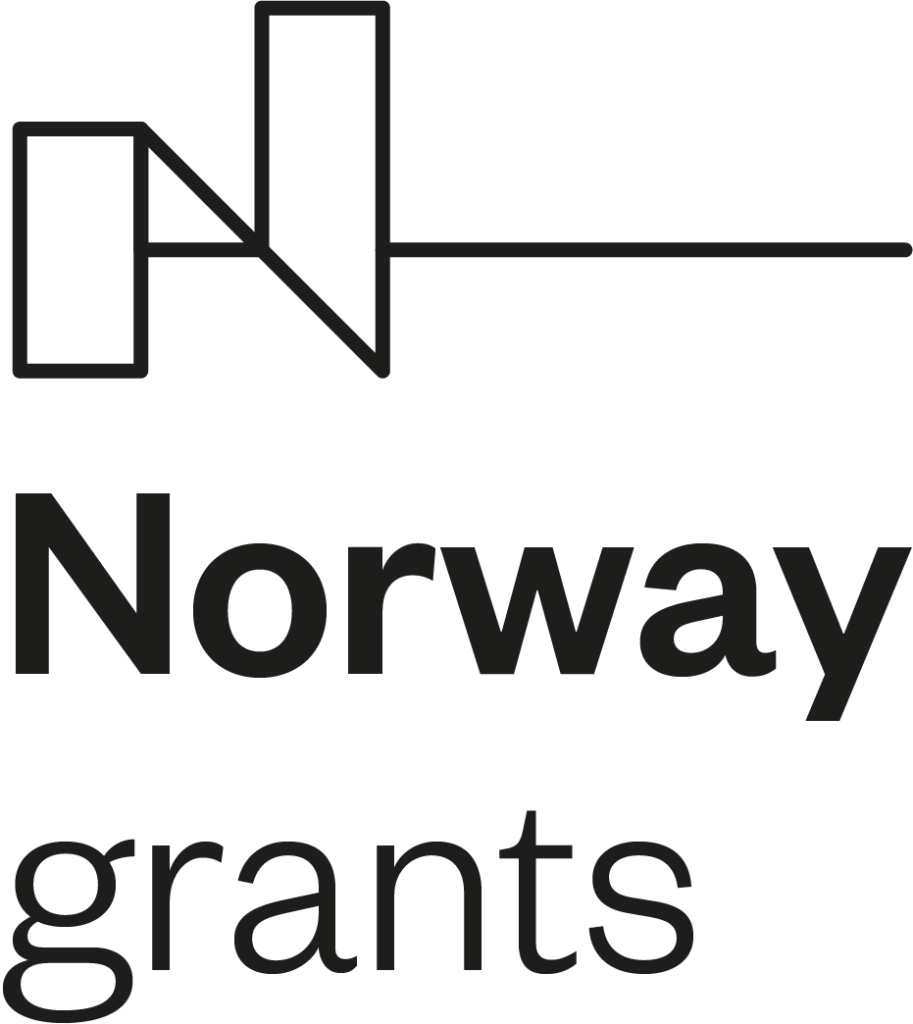PROJECT TITLE
CO2 Storage Pilot in a Carbonate Reservoir
PROJECT CODE
TO01000112
GRANT
Norway Grants and TA CR
Funding: 61 231 434 CZK
About the project:
The Czech-Norwegian project CO2-SPICER, focusing on preparation of the first pilot geological storage site in the Czech Republic, has successfully finished the first year of implementation. In the beginning, the focus was on collation of all accessible input data, their verification and consolidation. This step was followed by construction of a 3D geological model of the storage complex – the main activity of this project phase. Moreover, a detailed study of geomechanical and geochemical properties of rocks building the reservoir and its overburden has been started, as well as testing of usability of various methods for long-term monitoring of the stored CO2.
2021
The project has successfully finished the first year of implementation. In the beginning, the focus was on collation of all accessible input data, their verification and consolidation. This step was followed by construction of a 3D geological model of the storage complex – the main activity of this project phase. Moreover, a detailed study of geomechanical and geochemical properties of rocks building the reservoir and its overburden has been started, as well as testing of usability of various methods for long-term monitoring of the stored CO2.
2022
The project has successfully finished the second year of implementation. The main achievement of this project phase is the finalisation of the 3D geological model of the storage complex. This has enabled the start of subsequent dynamic modelling and CO2 injection simulations. Also, the study of the geomechanical and geochemical properties of the rocks forming the repository and its overburden seals continued with detailed risk analysis as well as testing of monitoring methods for long-term monitoring of the stored CO2.
Beneficiary and project partners:
Česká geologická služba
Geofyzikální ústav AV ČR, v. v. i.
NORCE
Vysoká škola báňská – Technická univerzita Ostrava
MND a.s.

The CO2-SPICER project benefits from a € 2.4 mil. grant from Norway and the Technology Agency of the Czech Republic. The project is carried out under the KAPPA funding programme for applied research, experimental development and innovation, managed by the Technology Agency of the Czech Republic.
